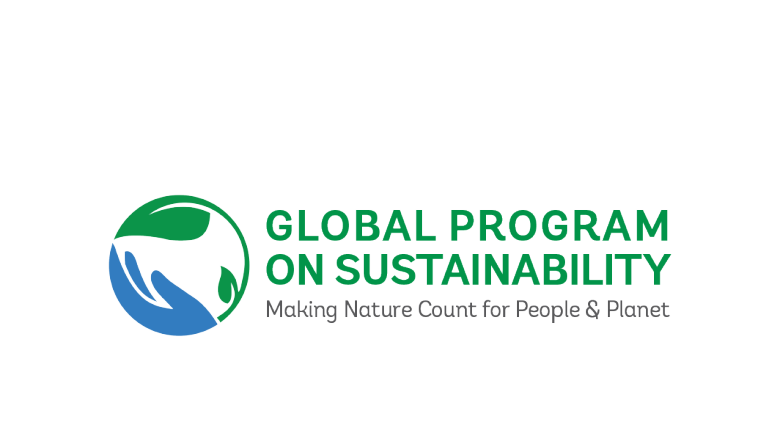The objective of the GPS-sponsored grant in Uzbekistan is to chart a long-term path towards climate change mitigation and environmental sustainability, while facilitating the ongoing economic transformation of the country. In FY24, the grant focused on supporting the next green recovery Development Policy Operations by identifying areas for prior approved actions related to stronger environmental policy and the new Environmental Code. To achieve this, the grant provided just-in-time technical assistance to the government of Uzbekistan in drafting the revised law on environmental impact assessments. This assistance aimed to align the country’s environmental regulations with international good practices and the principles of the Aarhus Convention. The legal amendments included new standards for public disclosure and consultations, streamlining of the environmental assessment processes, clarification of roles and responsibilities, and the inclusion of climate change risks and mitigation requirements.
The revised law elevated climate change to a cross cutting issue that is addressed upstream as part of the Strategic Environmental Assessments for government policies, plans, and programs. This ensures that climate change considerations are integrated into decision-making processes at all levels. The law also introduced the requirement for estimating greenhouse gas emissions and sinks associated with projects, emphasizing the importance of climate change mitigation. Enhanced environmental impact assessment procedures can significantly aid in embedding natural resources into decision-making processes by ensuring that the potential environmental effects of proposed projects are thoroughly analyzed and understood. This comprehensive analysis helps policy makers and stakeholders to make informed decisions about the design, sequencing, and appropriateness of projects, ensuring that natural resources are considered and protected. Engaging a range of key stakeholders and building capacity for environmental analysis can further integrate these considerations into policy processes, promoting sustainable development.
The GPS grant activities provided foundational elements for the Uzbekistan Second Inclusive and Resilient Market Economy Development Policy Operation. Specifically, it informed Pillar 3, which is focused on social inclusion and green resilience with the aim of supporting reforms to increase green resilience, strengthen social protection, and support vulnerable groups in Uzbekistan. Among other reforms, the Development Policy Operation listed strengthening the regulatory frameworks for air quality management and for environmental impact assessment under Prior Action 10.
The Center of the Ecological Expertise of the Ministry of Ecology, Environmental Protection and Climate Change led the effort, with the grant team being part of a working group responsible for drafting the new draft environmental impact assessment law. This working group included other key agencies such as the Environmental Law Institute, United Nations Economic Commission for Europe, OSCE, and NBT Consulting, ensuring a collaborative and inclusive approach. In terms of capacity building and institutionalization, a two-day workshop was held on December 5–6, 2023, to help align Uzbekistan’s environmental impact assessment law with international standards. Participants were from the working group, with female participants making up about 35 percent of the group.



